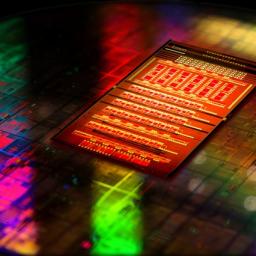Unikernels: rise of the virtual-library operating system
Mssrs. Anil Madhavapeddy and David J. Scott over at the Association for Computing Machinery (ACM) ask: What if all layers in a virtual appliance were compiled within the same safe, high-level language framework? Good question, and I suspect we'll find out soon enough, because the trend in virtualization seems to be leading us in this direction.
While operating-system virtualization is undeniably useful, it adds yet another layer to an already highly layered software stack now including: support for old physical protocols (e.g., disk standards developed in the 1980s, such as IDE); irrelevant optimizations (e.g., disk elevator algorithms on SSD drives); backward-compatible interfaces (e.g., POSIX); user-space processes and threads (in addition to VMs on a hypervisor); and managed-code runtimes (e.g., OCaml, .NET, or Java). All of these layers sit beneath the application code. Are we really doomed to adding new layers of indirection and abstraction every few years, leaving future generations of programmers to become virtual archaeologists as they dig through hundreds of layers of software emulation to debug even the simplest applications?This project intends to reduce the different layers of software and operating system to simple-API systems that can be installed and used like virtual appliances, perhaps [ed. note: this is my analogy, not the author's] the way Busybox reduces the POSIX standard to a simpler and smaller binary executable.
